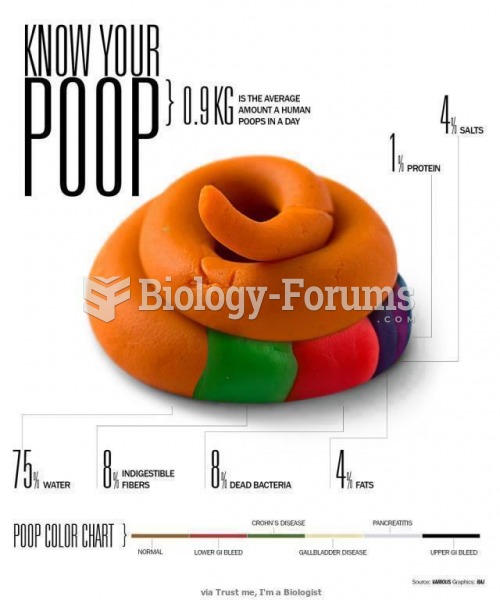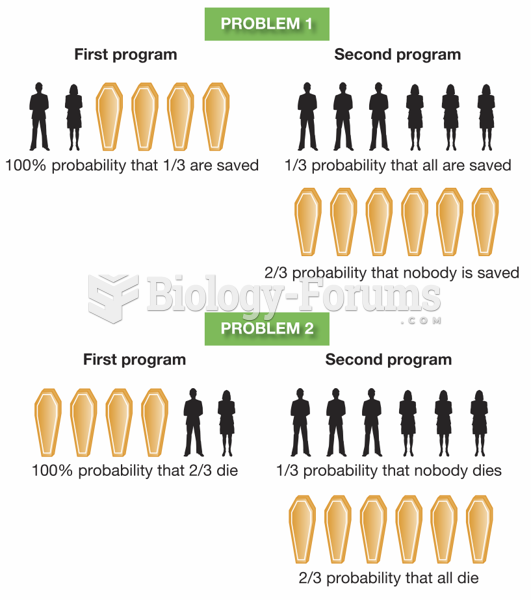In the Matter of Kmart Corp, where some creditors objected to the bankruptcy judge decision that critical vendors were to be paid first so that the store might stay in business, the appeals court held that:
a. the record showed the prospect or benefit to the other creditors, which is necessary to allow the preferential payment of one class of creditors and so the critical-vendors order could stand
b. the record did not show the prospect or benefit to the other creditors, which would be necessary to allow the preferential payment of one class of creditors and so the critical-vendors order could not stand
c. the record did not show the prospect or benefit to the other creditors, which would be necessary to allow the preferential payment of one class of creditors but the critical-vendors order could stand anyway
d. the record showed the prospect or benefit to the other creditors, which is necessary to allow the preferential payment of one class of creditors, but the critical-vendors order could not stand due to the special circumstances of the case
e. the creditors who objected were unreliable and so should not be paid
Question 2
Congress creates the Federal Authority on Homelessness (FAH) and gave it broad powers to issue regulations, conduct searches, investigate areas where homelessness is a particular problem, and bring actions against those who discriminate against the homeless, or fail to follow FAH regulations. In March 2009, FAH issued a rule that businesses with 15 or more employees cannot discriminate against the homeless in employment. The regulation states that businesses must take steps to recruit homeless people as employees and must provide homeless employees with adequate shelter. No public hearings are held and the final rule was published in the Federal Register in June, 2009. In October, 2009 FAH inspectors arrive at Elroy's Tackle Shop in Eureka, California. Elroy employs 18 people, including clerks, cashiers, and fishing guides. The inspectors ask Elroy what steps he has taken to hire a homeless person. He tells the inspectors that he has taken no steps, they fine him 5000 and inform him that he had better take such steps soon. Elroy did not know FAH existed or that he had a duty to try to hire homeless people. He calls his attorney, Maia, and asks her what to do. She suggests that he file a complaint stating that FAH failed to follow proper procedures when it issued the rule. The FAH agents need which of the following to inspect the premises of Elroy's Tackle Shop legally?
a. a subpoena
b. a warrant for arrest
c. a request for production d. a search warrant
e. the agents need nothing, they can search as they wish







